

In 2014, developer Mi-Clos Studio released Out There, a space exploration title for iOS and Android devices. The game was a critical hit, winning awards and gaining rave reviews across the board, with praise for the game’s story and depth. Out There was commercially successful too, selling over 250,000 copies worldwide.
Now the French developer is releasing the acclaimed mobile title for PC, Mac, and Linux, with a wealth of new features and content available. Mi-Clos Studio is also making the new version, titled Out There: Omega Edition, free for any buyers of the original mobile-only build. Gamers who had yet to play the title now have the chance to encounter Out There beyond its mobile beginnings.
Out There is a space-based roguelike, placing a single player into the role of an astronaut who has become lost in an unknown part of the universe. The astronaut must travel to different stars, collecting fuel, oxygen and mineral supplies to try and survive. The end goal is to reach a distant system that promises to reveal secrets about not only the astronaut’s destiny, but the fate of mankind. Players face a procedurally-generated journey from system to system, meaning that each playthrough is different.
It is all to easy to compare Out There to FTL: Faster Than Light, another space-based roguelike. There are, however, a number of differences between the two games. Most importantly, Out There is devoid of combat, and players will not face firefights against opposing spacecraft. Although this may make it seem like players are in for an easy ride, the opposite is true. Indeed, Out There may well be crueler than the Subset Games-developed title.
Out There’s gameplay is entirely based around vulnerability and survival. Players are not able to rely on firepower to escape dangerous situations, and the bulk of the gameplay is instead focused around resource management. Keeping tabs on fuel, air, and hull stability is essential, with different elements repairing or refilling the Fuel, Oxygen, and Hull meters. These elements can be found by mining ore-rich planets to repair the hull, probing gas giants for hydrogen and helium for fuel, and landing on garden planets to refill oxygen supplies.
In a strange way, this means that the game almost plays out like the galaxy exploration mini-games of the Mass Effect series, particularly Mass Effect 2. As a result, if players found the planet-probing moments of Bioware’s series less-than-enthralling, then Out There might not be entertaining. The majority of the early gameplay is made up of three different proactive gameplay moments: sending probes for fuel, mining ore planets, and landing on garden planets. This worked incredibly well on mobile platforms, but home computer players may be left wanting more.
Thankfully, there is plenty to keep players occupied beyond the actual proactive gameplay itself. Out There plays almost as a minimalist adventure story, with text boxes revealing the inner thoughts of the astronaut and locations and events he discovers. Players will also be met with binary choices along the way, such as how to react to unknown creatures and objects in the void. The results can go two ways, rewarding players with additional material and items, or damaging the ship.
The additional items add even more tough choices for players to face. Each new module for the ship, such as shield generators to decease hull damage, takes up space in the cargo hold. Adding a new tool will mean there is less space for fuel, minerals, and oxygen. Players will have to make the decision about what elements must be dropped, and whether new modules are worth keeping over mineral supplies.
The player will also be given the chance to transfer over to new ships, abandoning the human-built craft for alien designs. These ships contain spacefaring tools of their own, as well as upgrades in cargo space – as long as the player is able to repair different parts of the alien vessel. Meanwhile, the player can also meet bizarre monoliths out in the void, granting players with new locations to discover and further developing the game’s story.
It’s not just alien craft that the player discovers, either, as Out There’s garden planets often contain life of their own. Mi-Clos has created a number of bizarre alien races for the player to make contact with. As the player meets and interacts with other races, they gain more and more alien vocabulary, and can slowly begin deciphering the unfamiliar language. Successful negotiations with sentient beings have their own rewards, with new items and the rare and vital Omega element, capable of fixing any of the three main ship components.
The brief meetings with alien races only intensify the feeling of isolation that Out There provides. Mi-Clos Studio’s title is incredibly successful in creating a sense of loneliness, meaning that every moment of contact with another race seems extremely important for the astronaut’s wellbeing. Out There nails down the idea of the cosmos being a dangerous and expansive void, which is lost all-too often in other spaced-based games. In terms of science fiction video games, this is 2001: A Space Odyssey to FTL’s original Star Trek.
The title has plenty of influence from science fiction of days gone by, particularly in terms of the graphical style. Out There has a pulp sci-fi feel, comparable to old-school sci-fi comics, and the vibrant color palette includes Hotline Miami-esque neon-soaked moments to create a varied and complex universe. It works well with the sparse writing, and marries brilliantly with the game’s ambient electronic soundtrack, created by Antichamber composer Siddhartha Barnhoorn. Out There’s music is gentle and unobtrusive, creating a deceptive calm.
It’s a calm that could be needed, however, as Out There does have the potential to frustrate. The cosmos can be cruel and unforgiving, and the random nature of the game’s universe means that a player’s skill will not always dictate success. Star systems will not always contain gas giants or garden planets, and an unlucky encounter on the way to another system could see severe damage done to the ship hull. If a playthrough is unsuccessful, however, it will not be long before players will want to start another, such is the desire to discover more of the game’s universe.
Out There has translated to home computers with ease, taking on the extra content required in its stride. The title avoids a number of science fiction tropes, and the bold move to avoid combat mechanics gives Out There its own place in space-based video games. Although the gameplay itself may prove tiresome over long periods, the game’s story elements, sense of isolation, and soundtrack make Out There a more-than-worthwhile purchase.
Out There: Omega Edition is out now for PC, Mac Linux, Android and iOS.

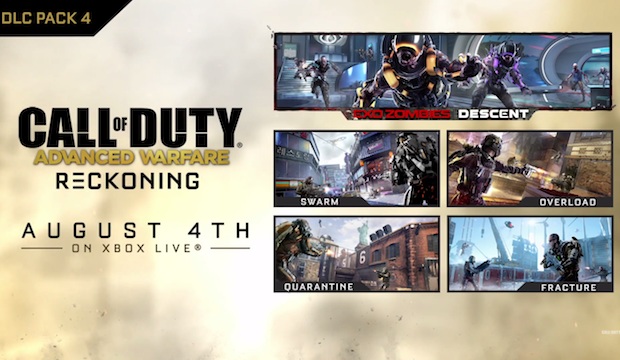
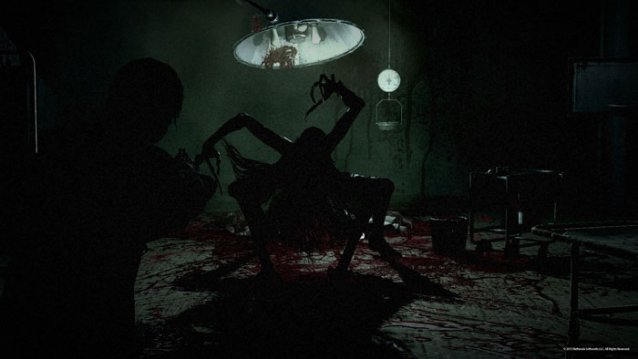
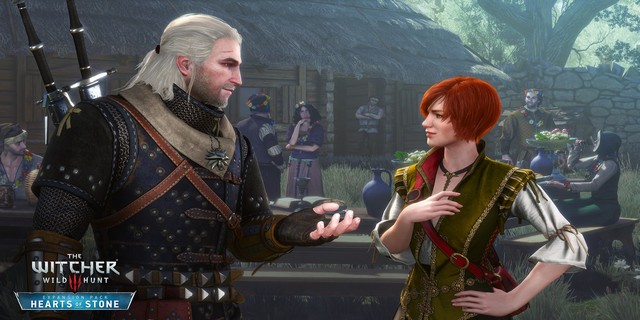
 MGS 5 Phantom Pain: Quiet - All information about silent sniper
MGS 5 Phantom Pain: Quiet - All information about silent sniper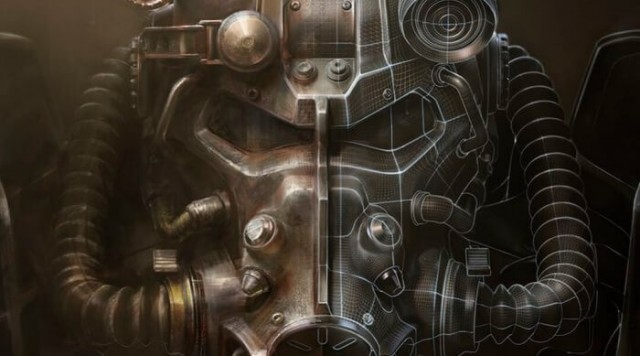 Fallout 4 Guide On Which Are The Best Power Armors, How And Where To Find Them
Fallout 4 Guide On Which Are The Best Power Armors, How And Where To Find Them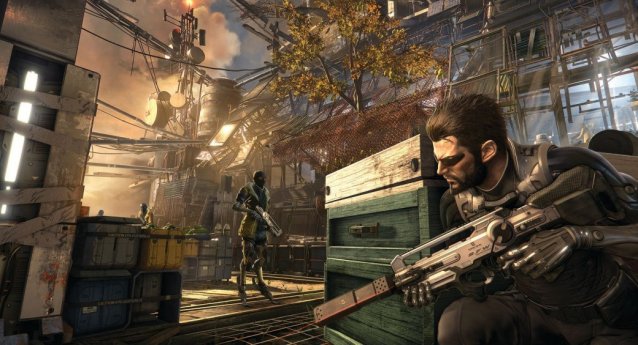 Deus Ex: Mankind Divided Director Speaks Out About Mechanical Apartheid Complaints
Deus Ex: Mankind Divided Director Speaks Out About Mechanical Apartheid Complaints 5 lessons that Batman Arkham Knight can learn from Arkham Origins
5 lessons that Batman Arkham Knight can learn from Arkham Origins TLOZ - Majoras Mask 3D (3DS) 5 Ways to Get Rupees
TLOZ - Majoras Mask 3D (3DS) 5 Ways to Get Rupees